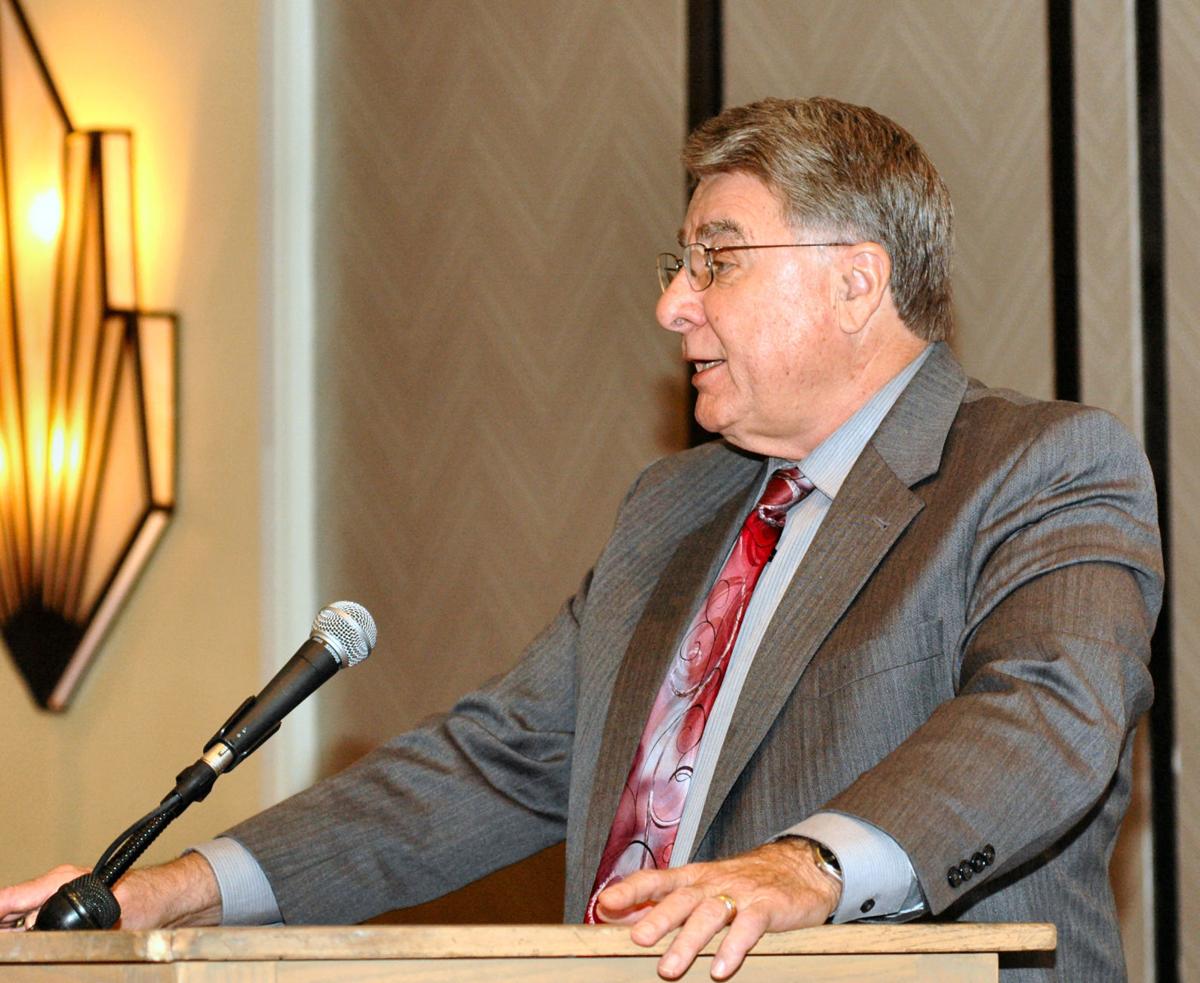PHOENIX — The architect of a program that diverts state tax revenues to help send students to private and parochial schools said Thursday he’s now willing to consider a cap — now that the diversion has topped $74 million a year.
Senate President Steve Yarbrough acknowledged he has been a staunch defender of the tax credits originally available only to individual taxpayers. And the Chandler Republican was the sponsor of a major expansion of the law, allowing corporations to give what they would otherwise owe the state in income taxes instead to organizations that provide scholarships for the private schools.
Most significant is that Yarbrough got approved an annual escalator clause, boosting the amount that corporations can divert by 20 percent a year. For this year, the diversion by corporations totals $74 million. That rises to nearly $89.2 million next year, $107 million the year after that more than $128 million the following year.
And there is no limit.
To put that in perspective, corporations, already benefiting from a multi-year reduction in tax rates, will pay about $368 million this year of the state’s $9.8 billion in expenses. That 20 percent year-over-year increase in allowable credits, unless capped, would swallow all of that up by 2027.
“You don’t have to be a mathematician to have determined that a 20-percent escalator that is compounding, at some point in time is actually going to exceed the totality of the corporate income tax,” Yarbrough told Capitol Media Services.
His change of heart comes as he announced Thursday he will no longer be the executive director and general counsel of the Arizona Christian School Tuition Organization. That’s a position he has held since the organization was first formed 20 years ago when lawmakers, at the behest of his group and others, first opened the door to allowing individuals to divert their tax dollars to groups like his that provide those private and parochial school scholarships.
Yarbrough and his family have benefited from the credits.
The Internal Revenue Service filings by the ACSTO show that out of the $21.3 million the organization collected in the most recent year, Yarbrough was paid $98,241 in salary plus another $27,840 in what he said is the cost of fringe benefits and life insurance.
On top of that, the organization paid another $659,300 to HY Processing LLC, a firm owned by Yarbrough and wife Linda to handle the accounting and paperwork for the scholarships.
ACSTO also rents space in a building owned by Yarbrough. A spokeswoman for ACSTO said she did not know the amount of the lease. But the IRS form lists occupancy costs of $49,180.
But Yarbrough said his sponsorship of expanding the credits to also include corporations was based on his belief that more dollars means more education opportunities for students who otherwise could not afford to attend a private or parochial school.
He also said he had nothing to gain from his sponsorship of the corporate tax credits — and the 20 percent annual increase — saying the more than $155 million ACSTO has received in donations since 1998 comes only from individuals.
He acknowledged, though, that the ability of other scholarship organizations to get these corporate dollars may have freed up some donations from individuals who, like corporations, can reduce what they owe the state each year on a dollar-for-dollar basis for what they give.
Yarbrough’s retirement from ACSTO and his change in opinion about a cap could provide the best chance in years to actually rein in the credits before they further reduce state revenues.
“This is good news,” said state Rep. Heather Carter, R-Cave Creek. She and state Rep. Doug Coleman, R-Apache Junction, have sponsored legislation for at least four years seeking to limit the annual increase to a more reasonable number.
“This inflation sticks out like a sore thumb,” Carter she said, adding “it’s not sustainable.”
Yarbrough also acknowledged that something else behind his acceptance to capping the year-over-year increases: Corporations may be at the limit of what they’re willing to divert.
Last year, he said, the $62 million cap was reached the first day the credits became available. By contrast, it took until just this past week for corporations to put in the $74.3 million.
“The natural water level, we may be seeing it,” Yarbrough said. “And if that’s the natural level, why not have a conversation about this.”
But Yarbrough’s willingness to cap the credits — and the diversion of corporate tax dollars — does not temper his defense of allowing organizations like ACSTO to keep up to 10 percent of what is donated by both individuals and businesses for administrative expenses.
That could provoke a separate fight. Coleman wants to cut that figure in half.





